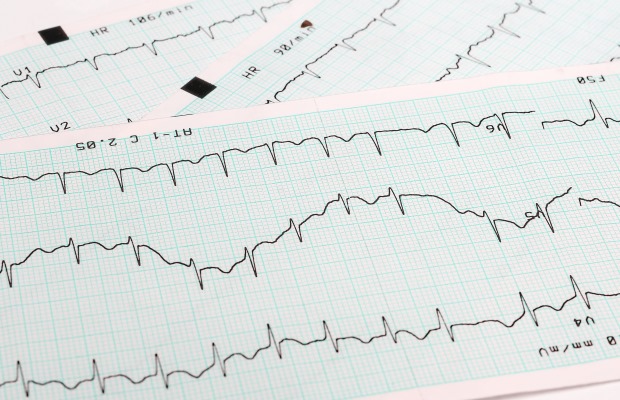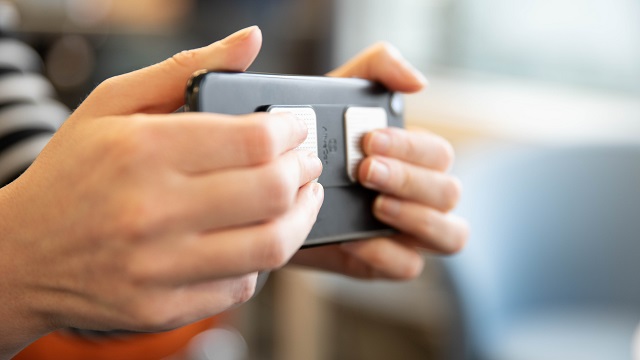

There are apps for everything these days. Keeping fit, feeding the dog, diagnosing your heart rhythm disorder… But can you really rely on the power of your phone to help find out what’s wrong with your heart?

The most common heart rhythm abnormality is atrial fibrillation (AF) — over 1 million people in the UK are living with AF, a major cause of stroke. Diagnosis can be difficult, because symptoms come and go and even 24 hour ECGs can miss the abnormality. Without diagnosis, people can’t get the right treatment and are at serious risk of having a stroke.
New technology is infiltrating everything we do, and healthcare is no exception. If you go on Google and search for ECG recorders (the types used in hospitals), you are confronted with hundreds of options. Equally searching on Amazon for ECG watches produces an astonishing 486 results. And PubMed — a database of scientific papers — is seeing an increasing number of publications about the role of smartphones and wearable technology in the diagnosis of heart and circulatory diseases.
Research in this area is showing real promise, particularly for patients with AF. Scientists at the British Cardiovascular Society Conference in Manchester have been sharing their visions for the future of tech in healthcare.
BHF researcher Professor Andre Ng is a Professor of Cardiac Electrophysiology at the University of Leicester and a Consultant Cardiologist and Electrophysiologist at Glenfield Hospital in Leicester. He is working with patients to help diagnose their own heart rhythm disturbances by validating a free phone app. It works with a small, affordable device that records a high quality ECG on your phone that you can email as a PDF to your cardiologist. This saves time, money and could ultimately save lives through faster diagnosis.

Research has shown that many patients have been diagnosed earlier using the ‘credit card’ sized device, which sends the clinical team their recorded ECG when something might be going wrong.
Emma Bunting is a 32 year old mum of 2 and she was one of the first patients to try out the new device and app to monitor her heart rhythm problems.
“Having a portable device gave me peace of mind that I could always ‘catch’ my heart rhythm when it was going haywire. It meant that I could be sure my cardiologists were getting the full picture when they gave me my diagnosis. I felt privileged to be one of the first to use the app and device and hopefully my experiences can pave the way for this to be a regular part of health care for people in the future”
Standard ECGs couldn’t pick up what was wrong with Emma, because her symptoms would come and go. Using a healthcare app has allowed her to get a diagnosis and manage her condition
Of course, there are always limitations of using tech in this way. Devices can’t yet replace 24 hour ECG recordings and may miss intermittent disturbances.
find out how doctors are using apps in A&E
More BHF Research
Ever wondered which animal has the most complex heart? Or how what you drink can affect your health? How about if you can die from a broken heart?
Our brightest and best life saving research is brought to you each week.



